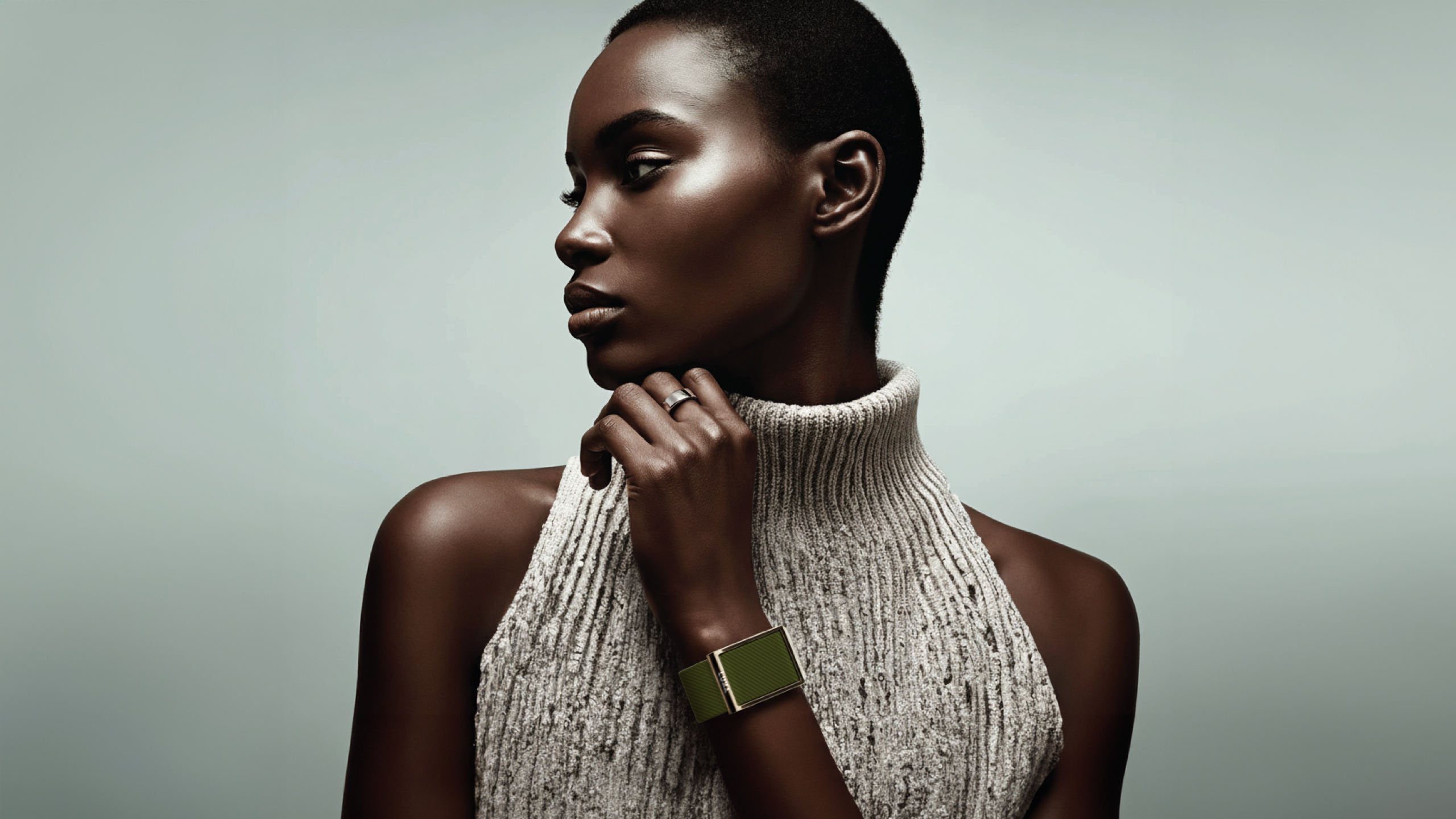Time is ticking for Google to catch up to TikTok
Google should focus less on complaining that it's losing Gen Z to TikTok and Instagram, and focus more on improving Search and Maps.
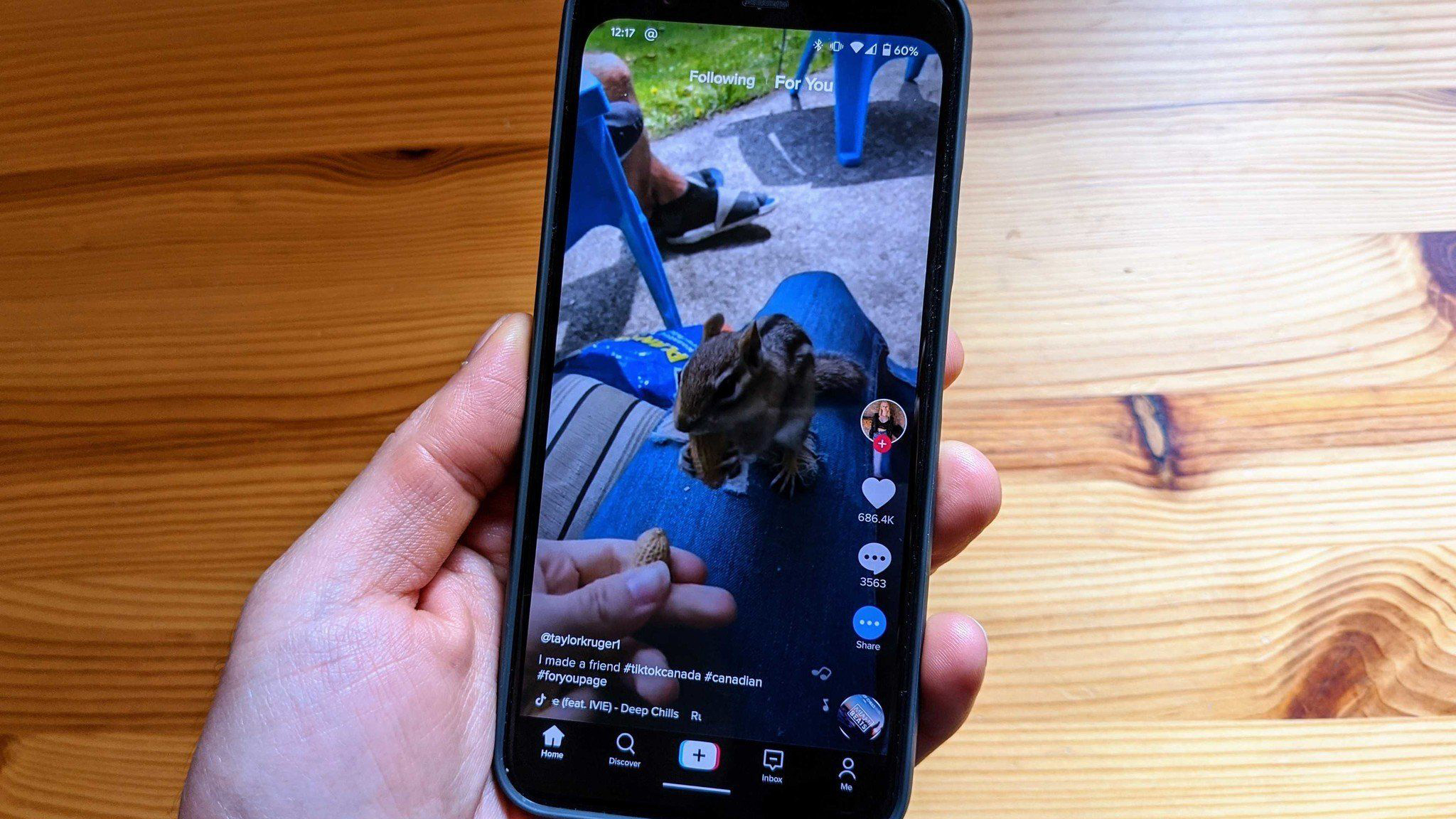
Last week, Google complained that almost 40% of Gen Z prefers using social apps like TikTok and Instagram for online queries instead of Google Search and Maps. Instead of complaining, perhaps Google should take the necessary steps to make valuable changes to its services to draw in its losing customer base.
If you’ve been reading my articles, I rarely plug in my personal opinion, and I try to be as unbiased as possible. But during last week’s podcast episode I was really excited to give my opinion, because I actually fall in the pool of people who use TikTok and Instagram as search tools more than I do with Google.
I’m going to make one thing clear, Google Search and Maps are incredibly invaluable tools, and it’s not like I’ve completely stopped using them. When I used to get my nails done, I would search in Maps for “nail salons near me.”
I would then typically go to a place that had good ratings and reviews (which conveniently can be found on Maps.) So Google got this right, but what it didn’t get right is what TikTok and Instagram have done.
It started during the pandemic: Instead of searching for a recipe on Google, I went to TikTok, because somehow watching someone make Ramen on TikTok was far more appealing than reading a blog post on Google. There was appeal and charm in watching a short two-minute video, and it was even more convenient that I could get this all in an app.
Prabhakar Raghavan, Google’s senior vice president, said during a conference that TikTok and Instagram have become the go-to platforms for many younger users when searching for places to dine.
"We keep learning, over and over again, that new internet users don’t have the expectations and the mindset that we have become accustomed to," Raghavan said. He added that younger users are making queries in an entirely different way.
Get the latest news from Android Central, your trusted companion in the world of Android
An entirely different way is the new way, and Google needs to accept it
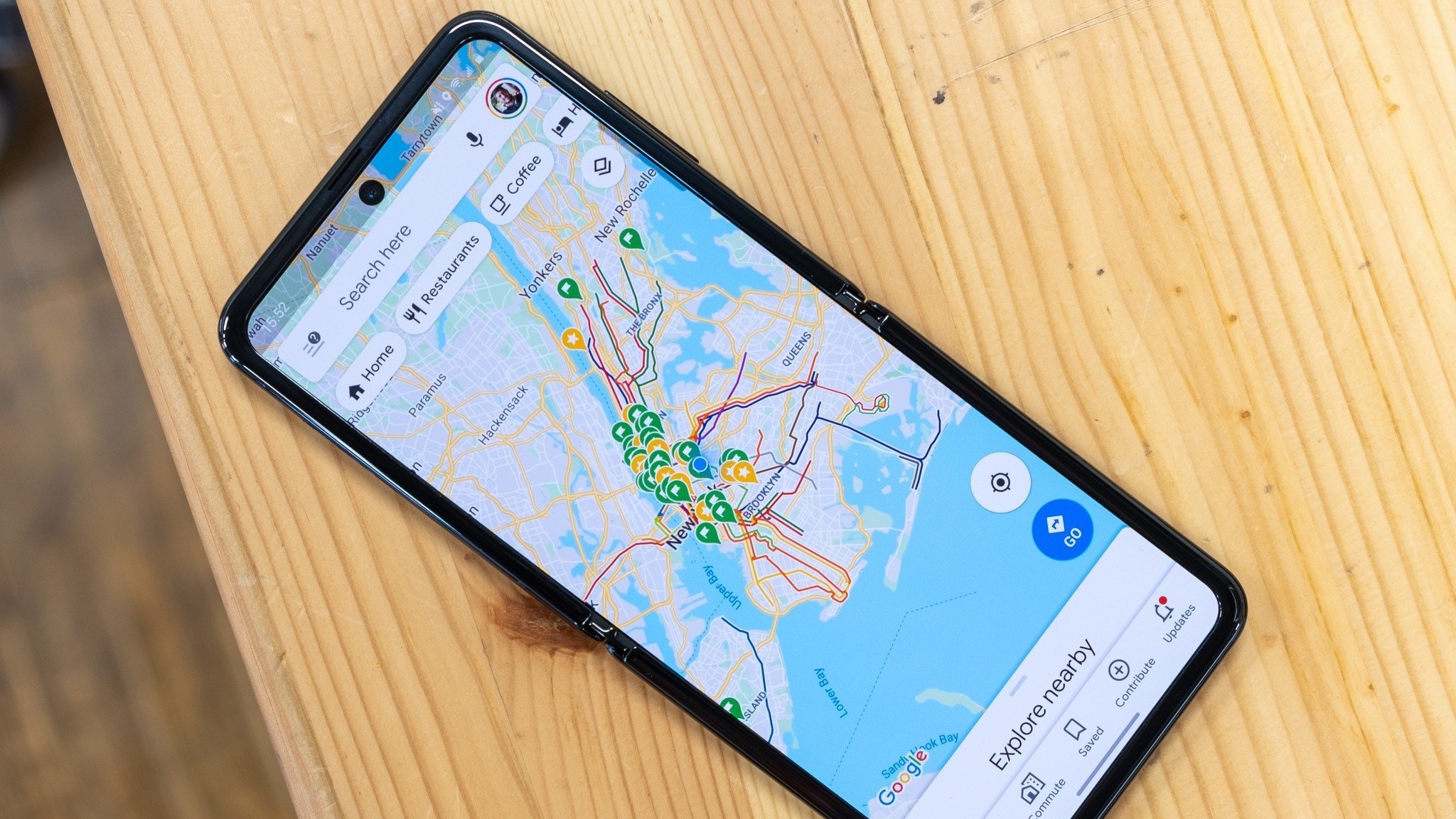
I think the reason this story confused a lot of people is that most people probably didn’t think that it could be possible to overthrow and outshine the largest search engine on the planet. And likely why Google is complaining is because it feels it no longer should be targeted by politicians for anti-competitive behavior.
When I expressed during the podcast that I’m not at all surprised, my colleagues were intrigued. On the one hand, because I wasn’t surprised about this shift in search habits, but more so about how and why I personally use TikTok and Instagram as the new search.
I explained that what I loved about TikTok specifically was getting the first-hand experience from someone else. If I felt like going to a Mexican restaurant in Toronto, I would search “best tacos Toronto” on TikTok and I’d watch through about 10-20 videos of different people talking about their experiences, showing off the restaurant ambiance, and what the food looked like.
These reviews serve a big purpose: They help me get a mini-understanding of what I could potentially experience, and instead of reading a review on Google, I get much more info in a shorter period of time.
This process that I’ve explained is just the new way of doing things; it showcases the shift in the way people want to consume content, and the purpose for which they are consuming it.
Carmi Levy, a technology analyst, agreed with me that it shouldn’t come as a surprise that Gen Z has a radically different relationship — and expectations of — technology than members of older demographic groups.
“Against that backdrop, it makes absolute sense that Gen Z users tend to stick to social platforms like TikTok and Instagram when searching online. While web-based paradigms have tended to dominate the online experience for older users, they are less relevant for a generation raised on visually-oriented social media platforms like TikTok and Instagram,” he said.
Google has the most to lose if it doesn’t shift its focus
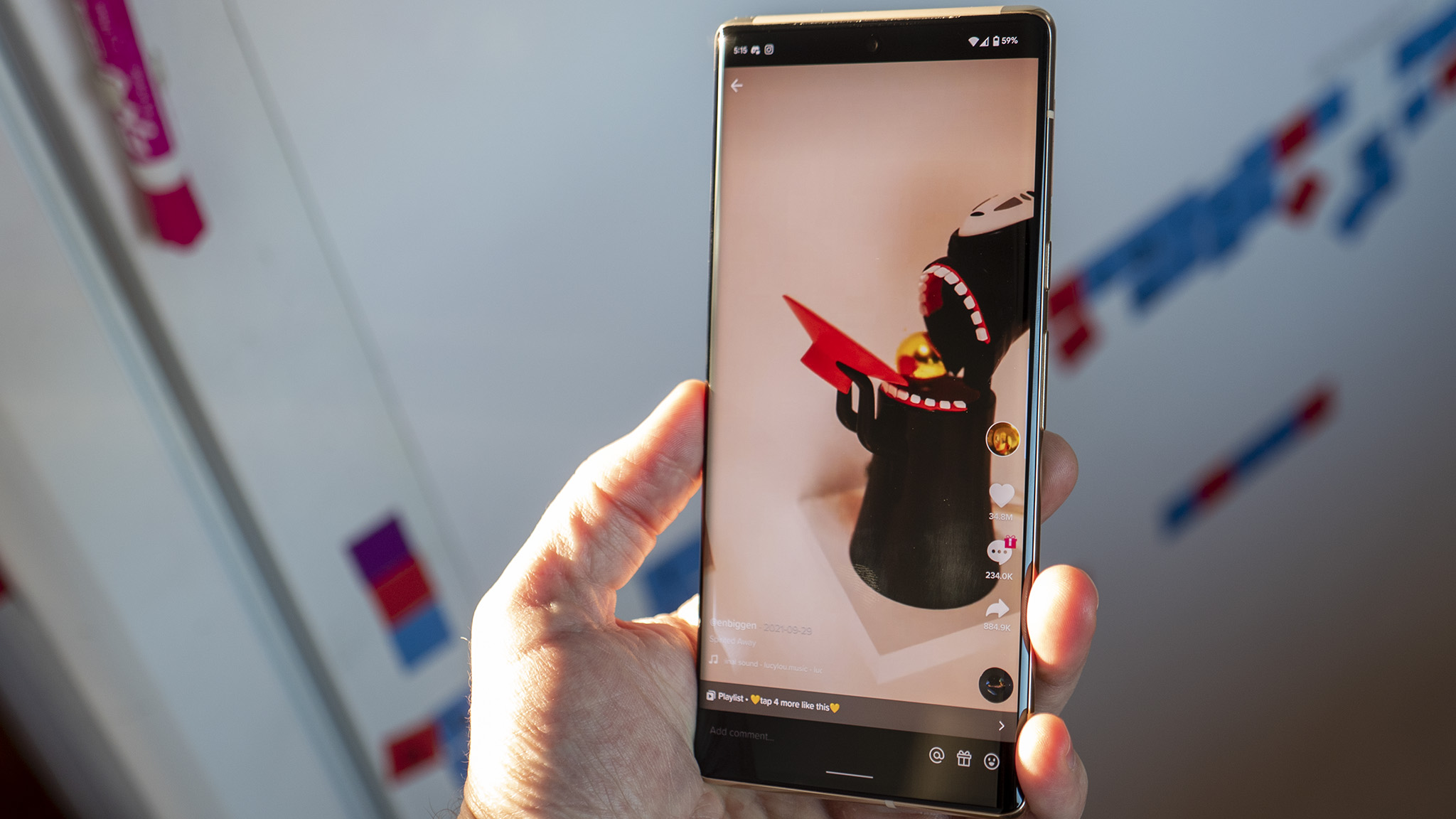
I would be remiss to not speak about how Google pioneered the way we search for content and consume it. When YouTube was introduced, the world’s information was suddenly delivered to us in videos in a way that was easy, digestible, and convenient.
Over the years, YouTube changed in meaningful ways to adapt to what consumers want by providing longer-form videos, but also catering to ways that allowed creators to earn money.
But in recent years, we changed the way we consumed content. We prefer watching videos that are short and to the point — the type of content TikTok succeeds in, and one Google is trying to catch up with.
That being said, I don’t think Google is going to suffer any time soon — the company raked in more than $75 billion in revenue in its most recent earnings result, and much of that was from Google’s Search business and AdSense.
Per its Q4 2021 earnings report, the company said Search was the biggest contributor, bringing in more than $43 billion of that $75 billion. That’s not too shabby.
It also noted that YouTube ads brought in $8.6 billion in revenue. This came shortly after Google announced a staggering five trillion views of its ever-growing YouTube Shorts.
And don’t forget, Google has been pumping money into the medium through initiatives like the Shorts Creator Fund, which helps creators make money off their content through compelling Shorts.
But let’s not assume that this trajectory is going to last forever for Google.
Social media consultant Matt Navarra tweeted: “TikTok will overtake Facebook when it comes to the amount of money advertisers spend on influencer marketing in the U.S. by the end of this year — and it will beat out YouTube by 2024.” That’s according to stats from The Information.
TikTok will overtake Facebook when it comes to the amount of money advertisers spend on influencer marketing in the U.S. by the end of this year - and will beat out YouTube by 2024[via @kyurieff / @theinformation] pic.twitter.com/g1qbWZwHRwJuly 21, 2022
We know that in 2021, social media ad sales in the U.S. grew 36% to reach $58 billion, “as brands increased marketing budgets to recover from the pandemic and reach customers online,” per Reuters.
But social media companies have since warned investors that spending will drop as inflation lingers, noting a change in the environment.
On the flip side, TikTok is poised to grow over 200% to become a $12 billion business, per a Barclays analyst note. Yvonne Williams, vice president of media at ad agency Code3, which has worked with brands like Gap and Dior, told Reuters that TikTok “remains important for many clients’ advertising strategies.”
All this information is coming just before Google’s parent company Alphabet reports its Q2 2022 earnings on Tuesday.
So what should Google be doing?
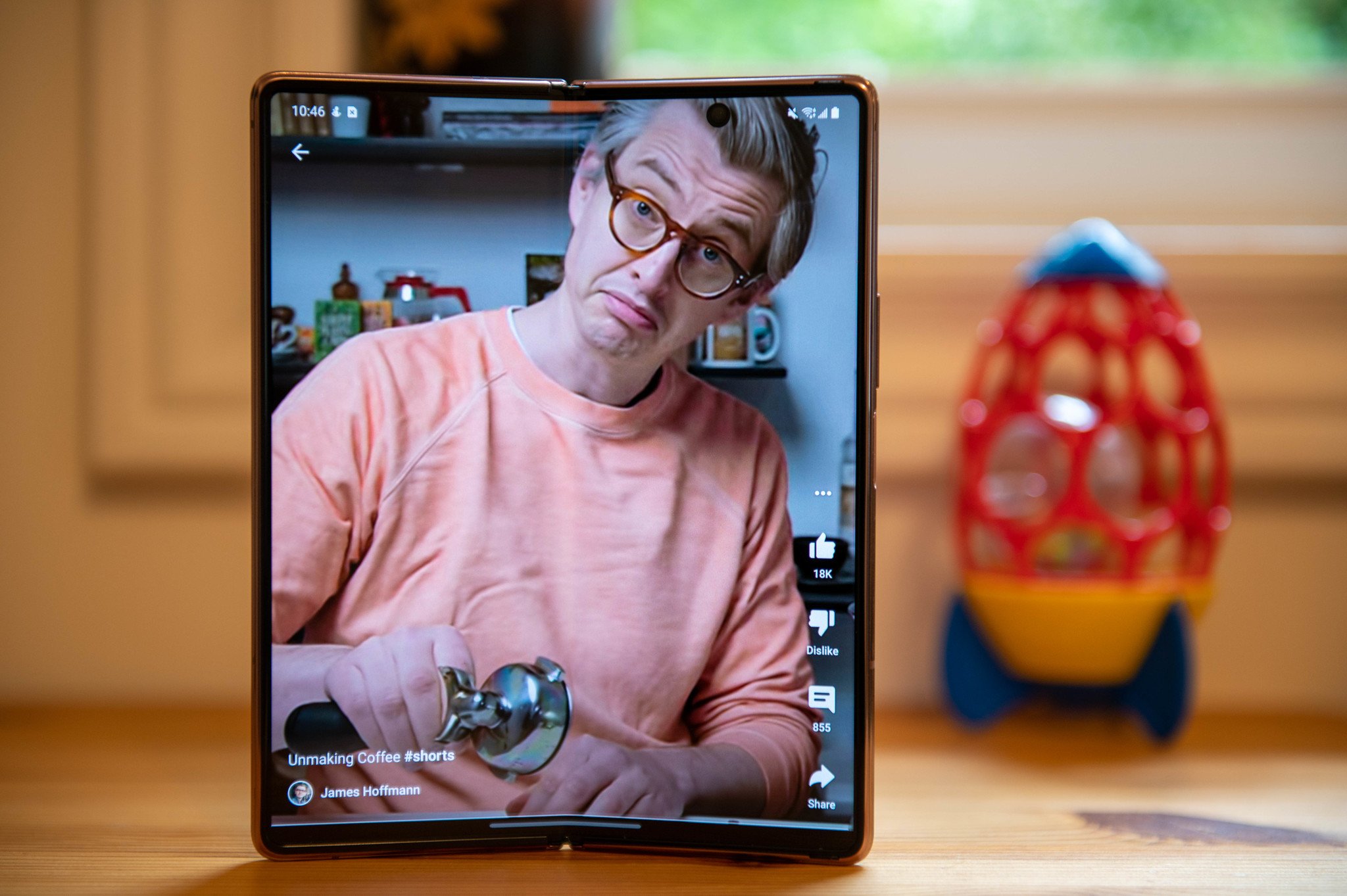
During Google I/O this year, the company brought some big updates to Maps that allow users to see not only where a restaurant or scenic landmark is on the map, but to view the place in full 3D right on some of the best Android phones.
The company is also adding Google Maps Live View, which can make looking for seats at a stadium or finding a restaurant in a store a bit easier.
Honestly, when I heard this announcement, I actually thought “who cares?” These features sound boring and dull and frankly, pretty outdated.
In my opinion, Google should either create a standalone YouTube Shorts app, or incorporate videos from Shorts into Maps. This way when I want to search for something in Maps, I would automatically see videos of people creating mini-reviews.
Anshel Sag, a senior analyst at Moor Insights & Strategy, said Google primarily needs to focus on improving search on YouTube and YouTube Shorts, because ultimately, “people’s queries on TikTok and Instagram are based on content that makes them curious to find out more about that company or product.”
“That said, business behavior is a factor as well, for example, when a restaurant posts photos of its food on its Instagram, but also posts an image of its menu there first before it even has a website is a factor as well. Many upstart restaurants tend to make Instagram accounts before they do Facebook, Twitter, or TikTok,” he said.
Sag said that if Google were to compete with the likes of TikTok or Instagram, it would have to be a multi-faceted effort “that attacks all the different ways that people search for things, and how content is served to them.”
“Google needs to improve things like Shorts and YouTube videos, but also make Podcasts more easily searchable, and possibly even make it easier to find products mentioned during podcasts,” he says.
Is it too late for Google?
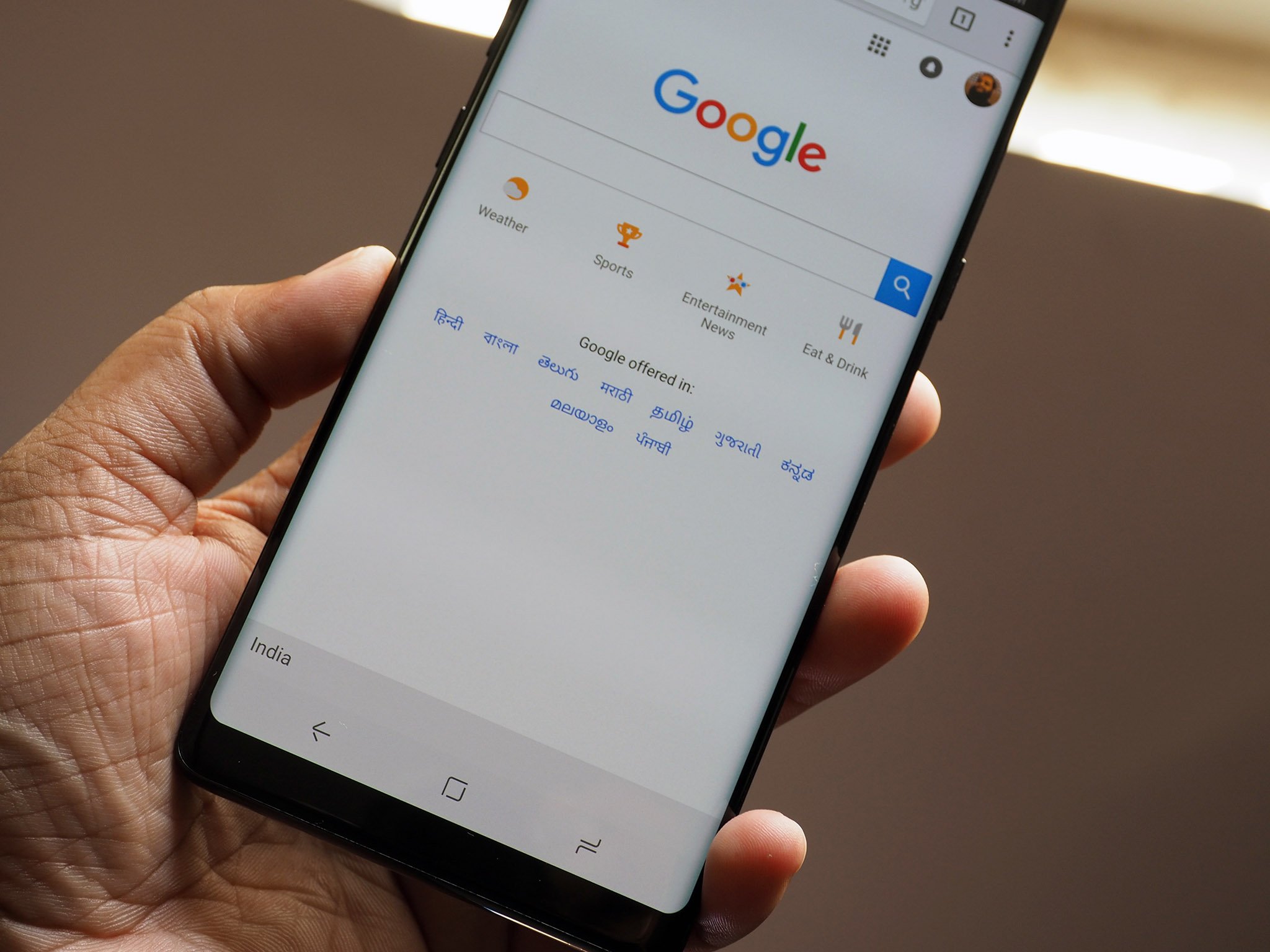
I don’t think it is, and neither does Levy who said that Google will notice and complain, but is usually quick to adapt.
"We’ve seen this game play out before, where younger folks use technology differently than their parents ever did. Smart companies have always rolled with the punches, and Google has been adapting its offerings since its first search tools went live."
"Indeed, as Google has been a driver of much of the shift from the early static Web 1.0 to the application-driven Web 2.0, and from mobile web to apps, it’s ideally positioned to shift its offerings yet again and position them within the tools that the users of tomorrow end up using,” he said.
This is a generational shift, but it doesn’t mean Google can’t catch up. In fact, I actually think if Google somehow fixed its YouTube Shorts interface and included it in Maps, I can guarantee it will get more users to shift away from TikTok.

Shruti Shekar is Android Central's Editor-in-Chief. She was born in India, brought up in Singapore, but now lives in Toronto. She started her journalism career as a political reporter in Ottawa, Canada's capital, and then made her foray into tech journalism at MobileSyrup and most recently at Yahoo Finance Canada. When work isn't on her mind, she loves working out, reading, watching the Raptors, and planning what she's going to eat the next day.
